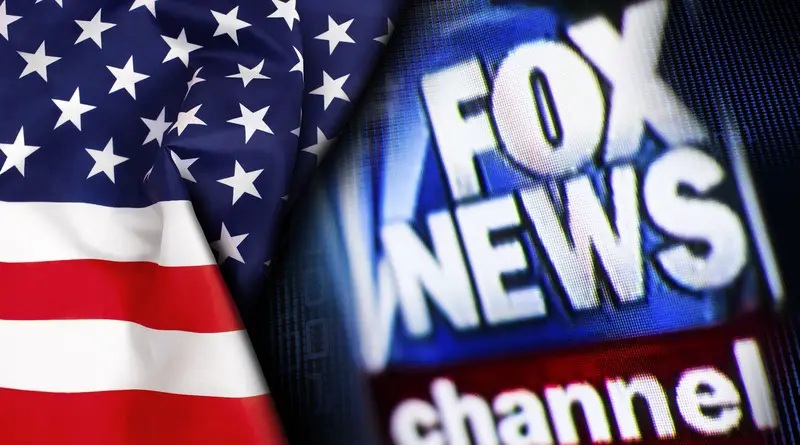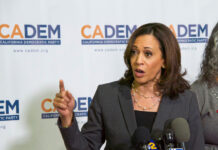Fox News host Jessica Tarlov criticized Republican officials on Wednesday, April 9, after President Donald Trump suddenly paused his sweeping tariffs that had sent financial markets worldwide into chaos over the past week.
“What always sticks out to me when we go on this Trumpian merry-go-round is the ritualistic humiliation that he subjects for people who work for him,” Tarlov told her co-hosts on “The Five.”
Trump’s abrupt reversal came just one week after announcing what his administration had dubbed “Liberation Day” tariffs. The president shared on Truth Social Wednesday that he would pause the import taxes for 90 days for most countries except China.
Treasury Secretary Scott Bessent quickly adapted to the change in direction, describing the move as part of Trump’s “successful negotiating strategy.” According to Bessent, dozens of countries had reached out to the United States to renegotiate their trading relationships during the market volatility of the past week.
White House Press Secretary Karoline Leavitt defended the president’s reversal by criticizing media coverage. She suggested reporters should have read Trump’s 1987 book, “The Art of the Deal,” to better understand his tactics. Leavitt told reporters they had failed to see what Trump was attempting to accomplish and incorrectly predicted that other nations would move closer to China when the opposite had occurred.
The announcement triggered a historic rally in U.S. stocks, with the S&P 500 soaring 9.5% – the biggest single-day gain since 2008. The dramatic market response highlighted just how much Trump’s initial tariff announcement had rattled global financial systems.
While most countries received a reprieve, Trump increased tariffs on Chinese imports to 125%. The administration described the approach as rewarding countries that don’t retaliate while maintaining pressure on China, America’s third-largest supplier of imports.
Tarlov pointed out that Trump himself had acknowledged the tariff pause wasn’t part of some grand strategy from “The Art of the Deal.” When asked how the bond market influenced his decision, the president admitted he observed people getting nervous. Tarlov emphasized that Trump “had to cave” on his original plan.
She also highlighted the contradictory messaging from administration officials like Bessent, who now claimed the reversal was the plan “all along” despite giving numerous interviews stating the administration would not back down from the tariff policy.
“So, you were OK then with being made out to be a complete liar because you’ve been doing interviews on our network, going on the Sunday shows, saying, ‘Absolutely not, we’re not capitulating on this, we’re not going back on it,'” Tarlov said.
Other Trump allies praised the move as a calculated negotiating tactic. Billionaire supporter Bill Ackman characterized it as part of Trump’s strategy to extract more favorable trade terms from other countries. House Speaker Mike Johnson echoed this interpretation.
However, some Republican senators expressed concerns about the “baseline” 10% tariff rate that remains in place, which they consider high and potentially damaging to the economy.
The sudden policy shift has created whiplash effects across global supply chains. Freight orders have surged as companies that had put shipments on hold now resume operations. Logistics providers report a rush of orders for construction equipment, engines, truck parts, and various other goods.
Despite the temporary reprieve, uncertainty remains high in many industries. Automotive and aerospace sectors continue holding back on moving forward with shipments due to concerns about future policy changes.
The fluid situation is forcing importers to constantly reassess their decisions. Border state economies that rely heavily on trade, such as New Mexico, where exports have grown significantly in recent years, face particular challenges navigating the rapid changes in trade policy.
The president is reportedly considering granting exemptions to tariffs for individual companies and examining potential tariffs for other industries, including pharmaceuticals and lumber, adding another layer of complexity to an already unpredictable trade environment.
Goldman Sachs and JP Morgan had predicted that Trump’s original steep tariff plan could trigger a recession in the U.S. economy, highlighting the significant economic stakes involved in these trade decisions.











